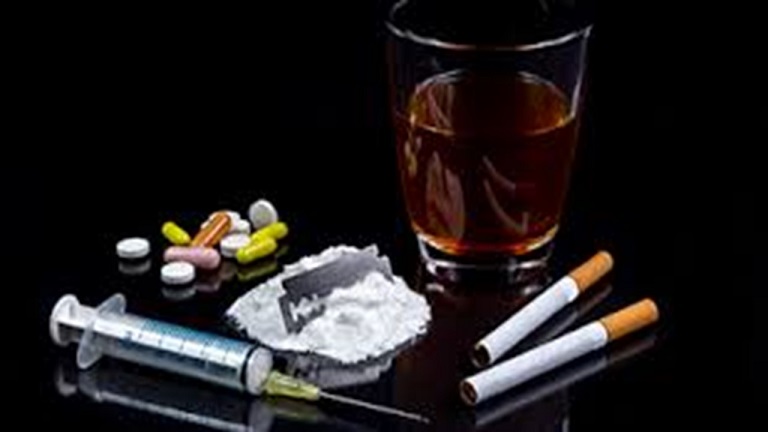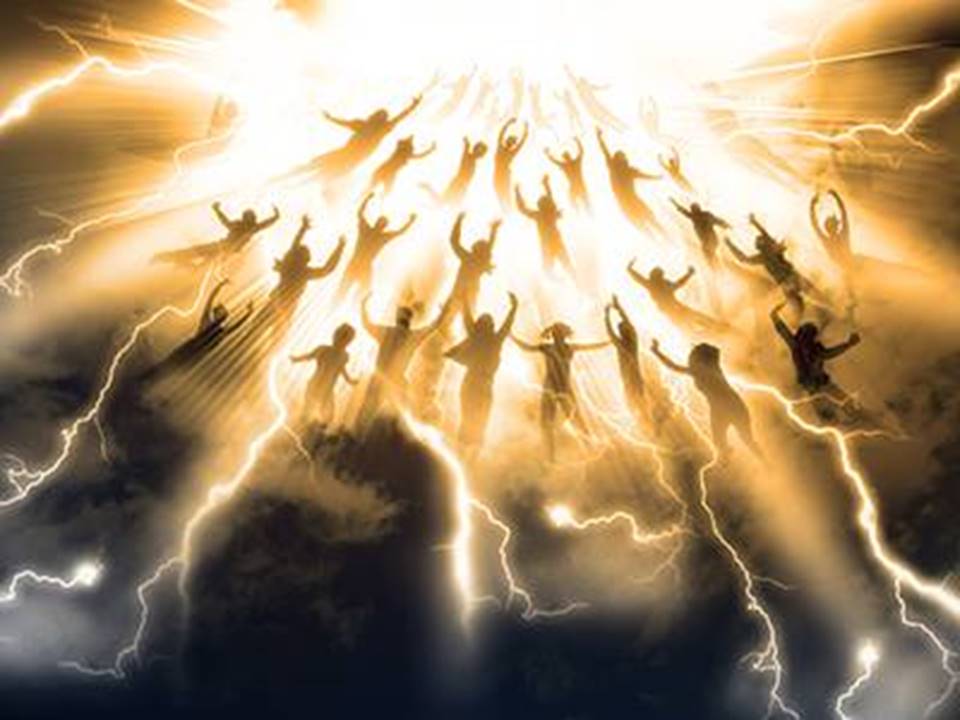
The Drug Abuse Dilemma

Samuel Smith
23 Jan'19
5
THE DRUG ABUSE DILEMMA
An infectious disease that is not caused by a virus, a bacterium or a protozoon has plagued the current society of the 21st century. From across the coast of the Pacific through the Atlantic and even to the Indian oceans has erupted a deep seated canker from the heart of the pharmaceutical industries. The fight against the deadly Ebola virus has perhaps seized, however, the new issue to be fought against rigidly is that of drug abuse. Governments all over the world have allotted millions of dollars in their respective budgets to fight against this worldwide pandemic. This piece of writing will take a keen look at the pros and cons of this prevalent issue.DRUG ABUSE --- THE DEFINITION
The World Health Organization (WHO) defines Drug Abuse also known as Substance Abuse as the harmful or hazardous use of psychoactive substances including alcohol and illicit drugs. Psychoactive substance use can lead to a dependence syndrome --- a cluster of behavioural, cognitive, and physiological phenomena that develop after repeated substance use and that typically include a strong desire to take drugs, difficulties in controlling its use, persisting in its use despite harmful consequences, a higher priority given to drug use than to other activities and obligations, increased tolerance, and sometimes a physical withdrawal state.THE PHYSIOLOGY BEHIND DRUG ADDICTION AND ABUSE
The neurophysiological process of drug addiction is an age old occurrence which has its understanding still a mystery to the scientific and ordinary minds. Drug addiction and its physiology are not well understood. However, drug addiction is defined as a chronic relapsing disorder comprising of three distinct but interlocking stages, thus, preoccupation/anticipation, binge/intoxication, and withdrawal/negative effect. These three ultimately lead to the process known as drug addiction. Different drugs produce distinct patterns of addiction that engages different components of the addiction cycle, depending on dose and length of use. As an individual moves from being a 'user' to 'abuser' and then to 'addicted', a shift occurs from positive reinforcement driving the motivated behaviour. Importantly, the progression of drug addiction involves alterations in normal brain circuitry that result in long-lasting drug-induced neuroplastic changes (Koob and Volkow).COMMONLY ABUSED DRUGS
Both legal and illegal drugs have chemicals that can change how your body and mind work. They can give you a pleasurable 'high', ease your stress, or help you avoid problems apparently in your life. Here are examples of common drugs that are usually abused:Alcohol
It is worth noting that alcohol does more harm to all organs of the body than any other known drug in existence. Its negative consequences range from its effect on the brain to the torso and to the feet. It is widely known for its derangement of the normal liver parenchyma as seen in hepatitis among others like chronic liver disease. A man who drinks 21 units of alcohol in a week can have his …… 'shrunk' from its normal design. The same goes for a woman who drinks 14 units of alcohol in a week.
Prescription and Over-the-Counter (OTC) Medicine
Medications are often abused mostly due to their first time desirable effects. These are mostly abused usually by taking them for purposes other than they were intended for. For instance, taking medicine prescribed for another person or taking medicine for non-medical reasons. Antitussives containing Dextromethorphan are mostly abused because of their intoxicating or 'sedative' effects.
Heroin
This is the natural version of the synthetic opioid analgesics --- a class that includes pethidine and tramadol. It usually puts you in a state of ecstasy when taken but when its seemingly positive effects wear off, negative effects ensue.
Cocaine
This drug makes you very hyperactive --- talk, walk and think faster but has got a mood swing to anger when its effects wear off.
Marijuana
A debatable drug that has ruined many promising and prospective future leaders. Some States have legalized certain aspects of the medical use of this drug, and others allow for recreational use. It can make you feel silly and laugh for no reason at all.
Cigarettes and Other Tobacco Products
Perhaps these have not been considered in your list of drugs or even harmful drugs, however its usage terribly affects the human body. Its main constituent, nicotine gives a little rush of pleasure and energy but its effect wears off fast, making its user yearn for more.
SIGNS AND SYMPTOMS OF ABUSE
Users of drugs do think they can control the amount they take but as time elapses the body may need more of the drug for the same desired initial effect. These are a part of the millions of signs and symptoms from the abuse of drugs:1. lack of interest in things you used to love (anhedonia)
2. The desire to change your friends frequently
3. Stop taking care of yourself
4. Spend more time alone than you used to
5. Eat more or less than normal
6. Sleep at odd hours
7. Have problems at work or with family
8. Switch quickly from feeling good and bad
OVERCOMING THE ADDICTION AND ABUSE
A variety of clinicians, physicians, nurses, dentists, hygienists, pharmacists, heath educators, and pastors play an important role in the change. The more individuals are involved, the more successful you will be (Treating Tobacco Use and Dependence, 2000, page 61).The first step in overcoming this menace is accepting that it is a problem. To be able to effect a change, one has to consider the following;
1. God is good and is not responsible for evil (Psalm 73:1).
2. You are fully responsible for your behaviour; it is your choice (James 4:17).
3. The reality of the Great Controversy (Romans 7:15).
4. You can overcome anything through divine help (Philippians 4:13).
READY FOR CHANGE
Dr. Prochaska, in his lecture at Loma Linda University, in March 2005, clearly stated that it is very important for us to discover the stage of change an individual is in, and adapt strategies to that specific stage. We cannot assume a smoker is in the action stage, just because they come to us with a problem. Maybe their spouse sent them.Most individuals change their behaviors gradually. The move from being unaware and uninterested and unwilling to change, to considering change, to decide to make a change. Genuine determined action is taken, and then, over time, they maintain the new behavior. However, relapses are almost inevitable, and so they start the process over again.
Tobacco addiction is one of the most tenacious addictions of all drugs, and it is this example we will use in illustrating the Behavioral Change as follows:
1. Educate the person about the medical effects of the drug i.e. tobacco
2. When smokers begin to realize the medical consequences of smoking, the economic costs, the seriousness of smoking-related illnesses, the social costs and pressures of the habit and the restrictions to smoking, they are seriously thinking about quitting.
Once the smoker is ready to entertain thoughts on personal consequences, they may be ready to start to understand: Why do they smoke? When do they smoke? How do they feel before, during, and after smoking? And they may then contemplate the benefits of cessation. Make no mistake, there are danger signals in this stage: Prochaska calls them the search for certainty. Waiting for the magic moment. Quitting will change a smoker’s security status: their friends, comfort level, places they love as a smoker, and the most problematic is the withdrawal symptoms (Changing for Good, 109-115).
3. A smoker is ready to quit when they believe the benefits of quitting outweigh the consequences of smoking. They believe they are ready, and have the confidence to stop smoking.
4. Within the first month of cessation is the most likely time for relapse. First thing every day, set your agenda. Re-focus on your reasons for quitting and the benefits of cessation. Ask God for special help during each day. Try to avoid all the following: Favorite smoking places, old smoking friends and colleagues, anyplace where alcohol is and was being used, stressful situations, people or circumstances, being angry, frustrated, sad or lonely.
One must admit that the fight against addiction and abuse is really difficult with most individuals finding themselves in the relapse stage. Mind preparedness is however required to overcome this barricade. Without Divine intervention man's efforts will be futile. Cling to Christ, cling to the help He has promised to offer, and victory will be yours. Blessings!
Jude Adjei Asamoah












